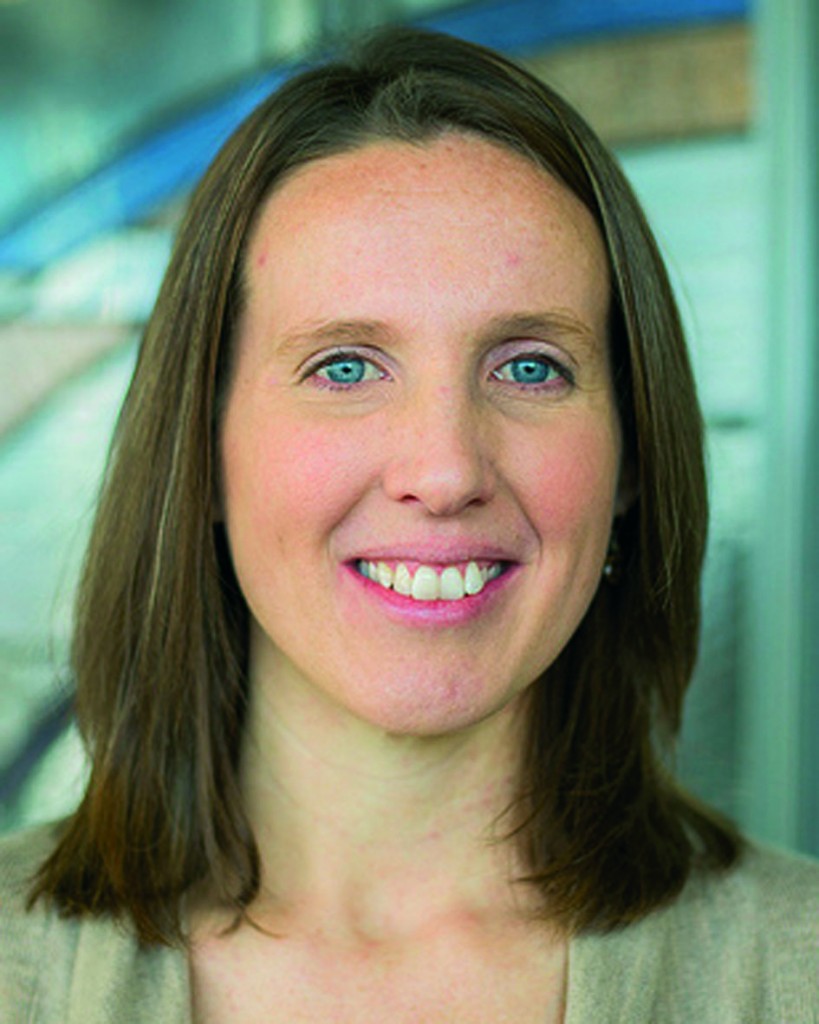Krista Rule Wigginton received her Ph.D. in Environmental Engineering from Virginia Tech under P. J. Vikesland (2008). She conducted postdoctoral research at École Polytechnique Fédérale de Lausanne (2009–2010) under T. Kohn. She was an Assistant Professor of Environmental Engineering at the University of Maryland (2011–2012) and is now an Assistant Professor of Environmental Engineering and the Borchardt and Glysson Water Treatment Faculty Scholar at the University of Michigan. Her main research interests involve the detection and fate of emerging biological contaminants in drinking and wastewater treatment.
How has your research evolved from your first to your most recent article?
My first article as an undergraduate researcher was on the synthesis of fluorinated organic compounds. This paper is on emerging viruses in the water environment. So my research has definitely evolved since I was an undergraduate student! I still consider myself an organic chemist, but now I study how viruses, which are essentially large organic molecules, behave in natural and engineered environments.
What aspect of your research are you most excited about at the moment?
I’m really enjoying the work we’re doing on environmental viruses. I started working with viruses towards the end of my Ph.D., and I’m still fascinated by them. There is so much we don’t know about the types, concentrations, and fate of human viruses in the environment. Right now, we have projects on human noroviruses, poliovirus, and coronaviruses, and we’re even starting a collaboration studying pig viruses.
What do you see as the biggest challenge or threat to global water supplies?
There are so many challenges to global water supplies, but so much is routed in human behavior. We know where to find water, we know the basics of how to clean water, and we know how to conserve water. The big challenge for scientists and engineers lies in helping the public and policy makers put this knowledge to practice.
In which upcoming conferences may our readers meet you?
I’m co-organizing a session on microorganism fate and detection at the upcoming ACS meeting in Boston. I’ll also be giving a talk on enveloped viruses at the IWA International Symposium of Health-Related Water Microbiology in Lisbon this September.
How do you spend your spare time?
Right now, most of my spare time is dedicated to my two children Lucille (3 years) and Max (1 year). They help me keep my life balanced. I like to cook, garden, and my guilty pleasure is binge watching TV seasons on Netflix.
Which profession would you choose if you were not a scientist?
Hmm, that’s tough. I took flying lessons in high school and really enjoyed it, so I’ll just say pilot.
Can you share one piece of career-related advice/wisdom with other early career scientists?
With so few academic positions available for scientists and engineers, I think early career researchers need to be open to and prepared for more than one career path. I tried to keep as many doors open as possible all the way up to the point when I received an offer for an assistant professor position. I love my job, but I think I could have been just as happy working in consulting or for the government. Having options is good.











